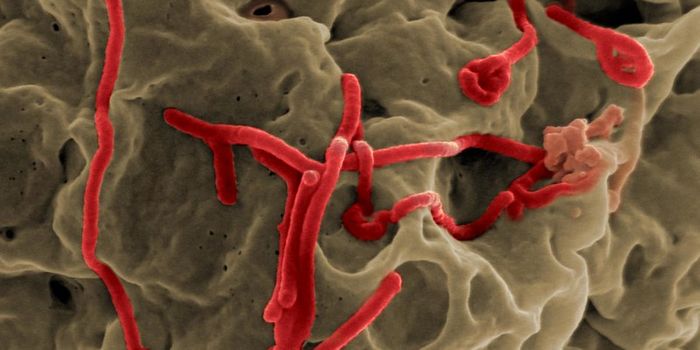Why Do Humpback Whales Act Like Vigilantes When Orcas Attack Animals?
There seems to be some kind of unexplained bitter rivalry between humpback and killer whales. In the last 62 years, there have been 115 confirmed reports of humpback whales literally jumping into action to protect smaller marine animals from aggressive orca attacks.

Image Credit: John Durban/NOAA
Scientists don’t really understand why the humpback whales are even spending any time acting like vigilantes, but it seems they really don’t like it when orcas attack smaller animals, whether they’re sea lions, or other smaller marine life victims.
According to a study published in the journal Marine Mammal Science, this odd behavior doesn’t just happen in one place in the world, but rather all across the globe.
57% of the recorded encounters were initiated by the humpback whales themselves, and in close to 97% of the interactions, the orcas were in the middle of hunting prey when the humpbacks showed up to spoil things.
There is a theory that suggests humpbacks do this because they think orcas are attacking younger humpback whales, which orcas often do, but it doesn’t seem to add up because orcas aren’t attacking humpback whales around 89% of the time that a larger adult humpback whale intervenes to protect another kind of marine animal.
So in comes the conflicting theory: the idea that humpback whales are participating in something known as altruism, which is where they’re acting in the greater good of all species. This theory suggests that when a humpback whale sees an animal in distress, they just do what they can to set the battlefield straight.
“Although this behavior is very interesting, I don’t find it completely surprising that a cetacean would intervene to help a member of another species,” Lori Marino, an expert in cetacean intelligence said. “So, taken altogether, these attributes are those of a species with a highly developed degree of general intelligence capable of empathic responses.”
Humpback whales certainly aren’t the only species that have been known to attack orcas. Bottle-nosed dolphins, too, seem to keep them inline pretty frequently.
While we may never know the real reason behind the behavior, it’s definitely interesting to take note of and study these face-offs.
Source: National Geographic








